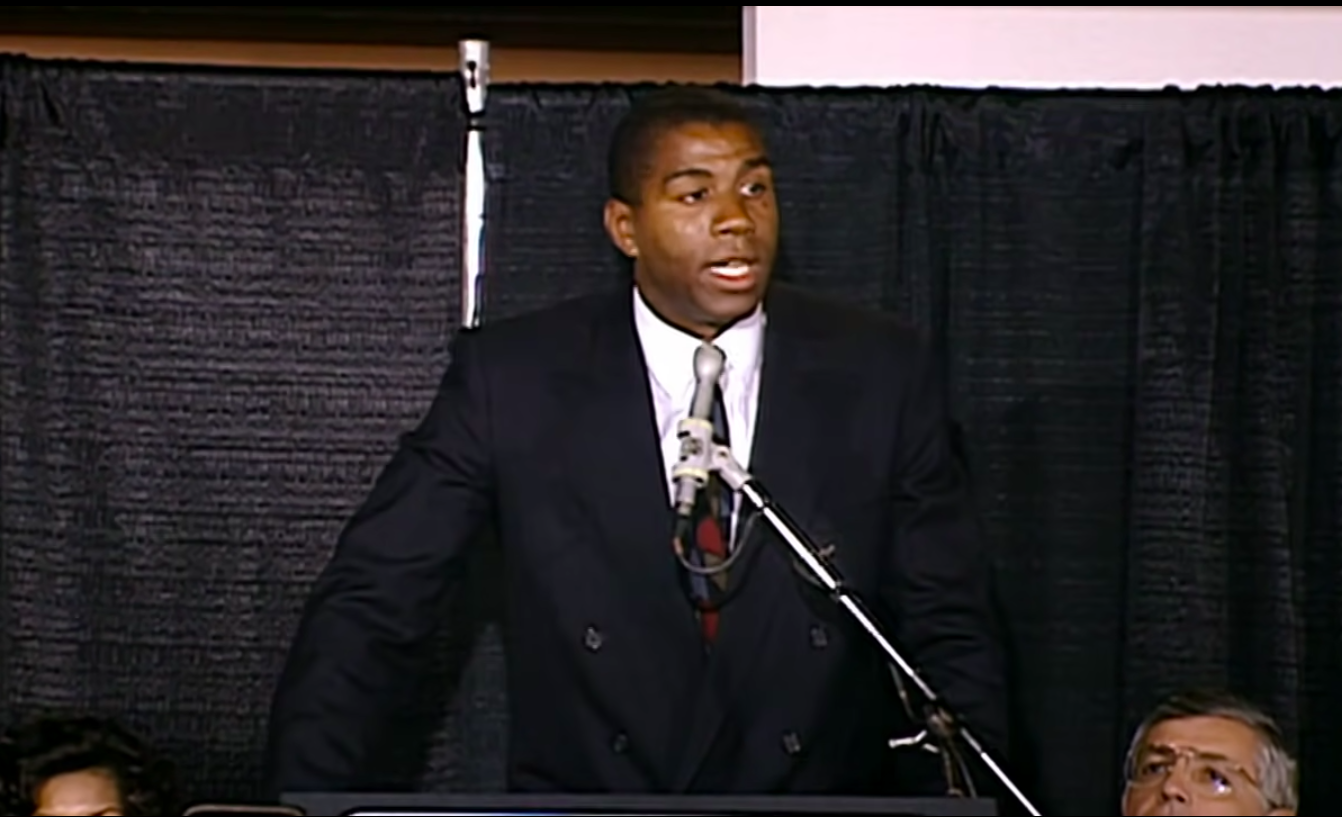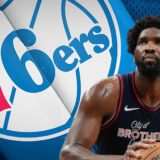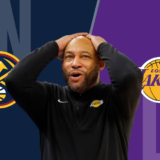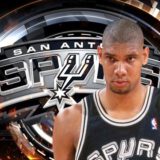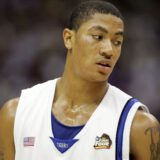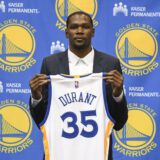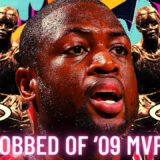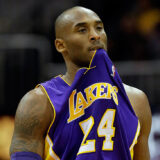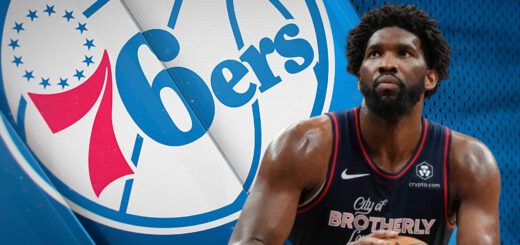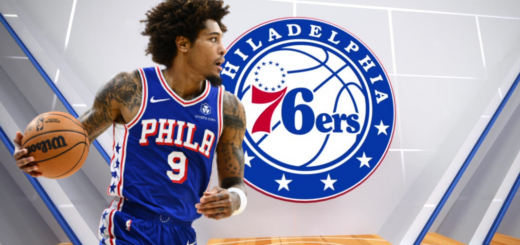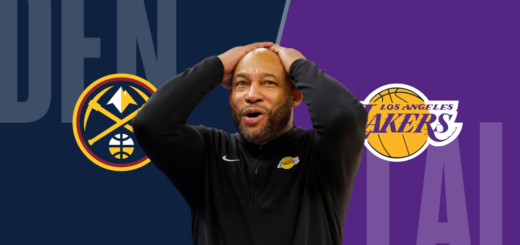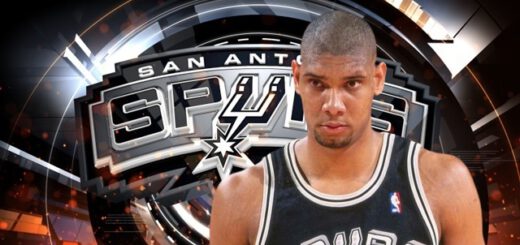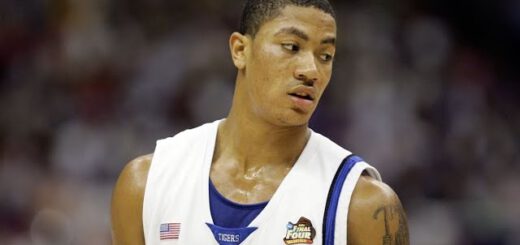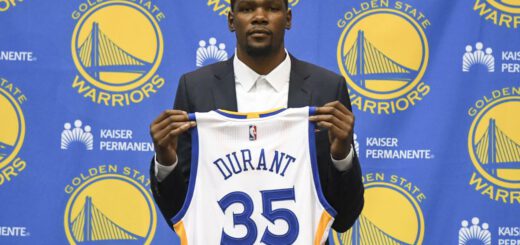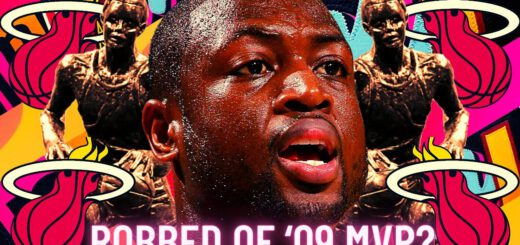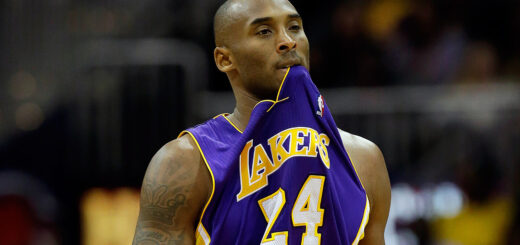Magic Johnson’s Courageous NBA Exit 32 Years Ago Today
32 years ago today, on November 7, 1991, the sports world was rocked by an announcement that would transcend basketball and resonate far beyond the courts. Earvin “Magic” Johnson, one of the most iconic figures in NBA history, stood before the world and disclosed his HIV-positive status.
This revelation forced Magic to retire from the NBA, leaving an indelible mark on the league and raising awareness about HIV/AIDS on a global scale.
Magic Johnson’s basketball journey began at Michigan State University, where he led the Spartans to an NCAA championship. His charisma, versatility, and exceptional skills on the court quickly earned him a place among the NBA’s elite. Drafted by the Los Angeles Lakers in 1979, Magic would go on to become one of the greatest point guards in the history of the game.
Over the course of his career, Magic achieved remarkable success, capturing five NBA championships with the Lakers. His rivalry with Larry Bird of the Boston Celtics brought a new level of excitement to the league, helping to usher in the “Showtime” era of basketball. Magic was known for his no-look passes, infectious smile, and his ability to make his teammates better players.
On November 7, 1991, Magic Johnson called a press conference to address an issue that had been the subject of rumors and speculation. In a brave and emotional statement, he announced that he had tested positive for HIV and was retiring from professional basketball immediately.
The shock and sadness reverberated not only through the basketball community but around the world.
Magic’s announcement was a watershed moment in the fight against HIV/AIDS, as it brought the disease into the mainstream consciousness. At the time, there was widespread misunderstanding about HIV transmission, and the stigma associated with the virus was immense. Magic’s disclosure helped dispel many myths and misconceptions and set a powerful example of compassion, courage, and leadership.
Magic Johnson’s retirement sent shockwaves through the NBA. His absence left a void not only in the Lakers’ roster but in the league’s identity. The NBA had lost one of its most beloved figures and a global ambassador for the sport.
However, rather than shying away from the issue, the NBA, under the leadership of then-commissioner David Stern, rallied to support Magic and raise awareness about HIV/AIDS. The league, players, and fans embraced Magic with unwavering support. He was selected to play in the 1992 All-Star Game, and his return to the court was a symbol of hope and education.
Magic Johnson’s retirement and subsequent activism had a profound impact on public perception of HIV/AIDS. His efforts to educate people about the virus, promote safe practices, and raise funds for research were instrumental in challenging the stigma surrounding the disease. He established the Magic Johnson Foundation to support HIV/AIDS research, prevention, and education, and his work in this field has been widely recognized and celebrated.

